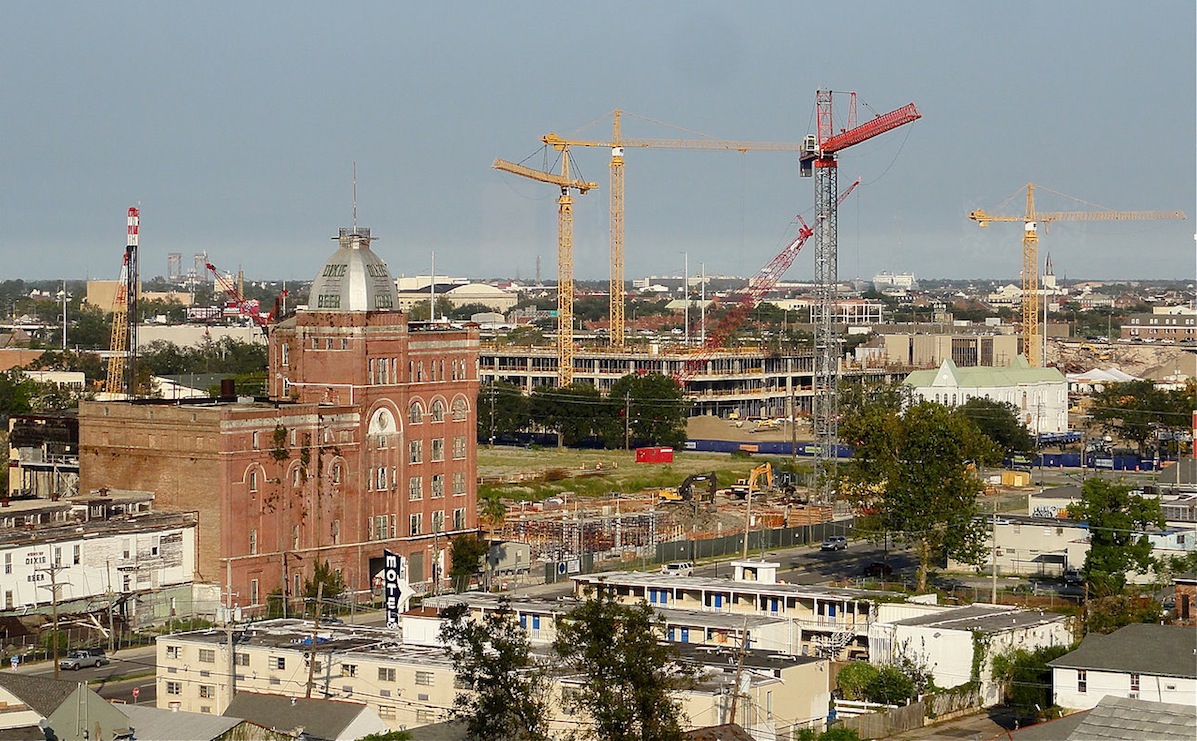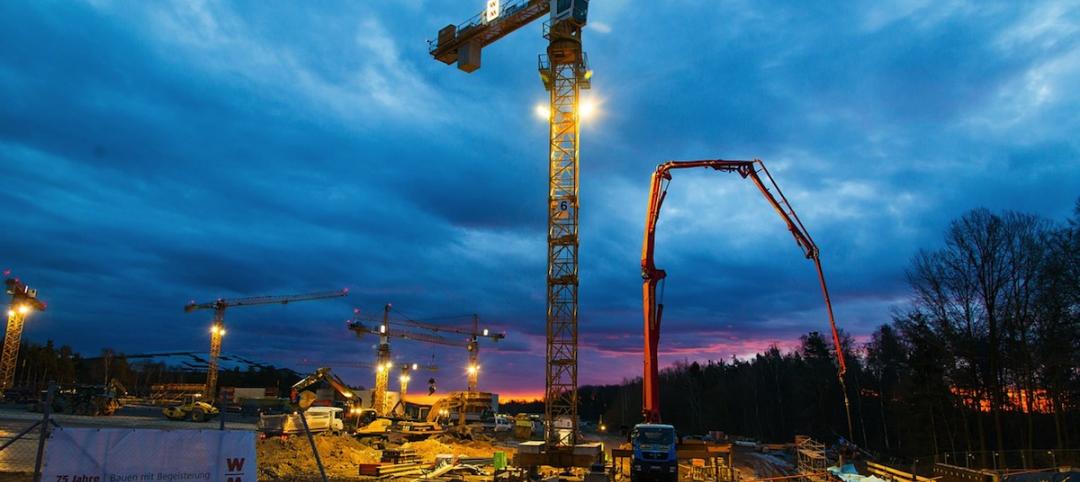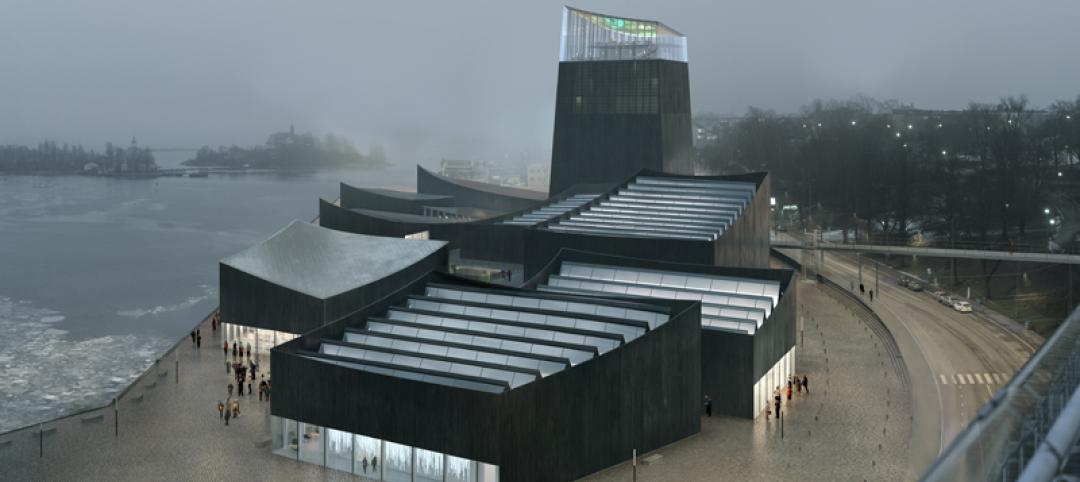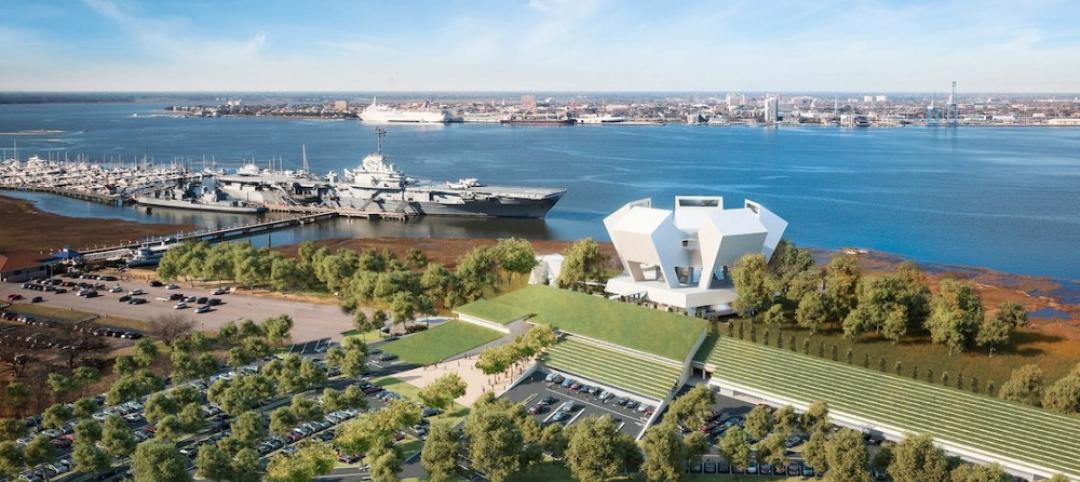Following a nine-month stretch of positive billings, the Architecture Billings Index (ABI) showed no increase in design activity in January.
The American Institute of Architects reported the January ABI score was 49.9, down from a mark of 52.6 in December. This score reflects a very modest decrease in design services (any score above 50 indicates an increase in billings). The new projects inquiry index was 58.7, up from the reading of 51.3the previous month.
As a leading economic indicator of construction activity, the ABI reflects the approximate nine to twelve month lead time between architecture billings and construction spending.
“This easing in demand for design services is a bit of a surprise given the overall strength of the market over the past nine months,” said AIA Chief Economist Kermit Baker, Hon. AIA, PhD. “Likely some of this can be attributed to severe weather conditions in January. We will have a better sense if there is a reason for more serious concern over the next couple of months.”
* Every January the AIA research department updates the seasonal factors used to calculate the ABI, resulting in a revision of recent ABI values.
Key December ABI highlights:
- Regional averages: South (54.8), West (49.3), Midwest (50.8), Northeast (46.0)
- Sector index breakdown: multi-family residential (51.4), institutional (53.0), commercial / industrial (50.9), mixed practice (46.9)
- Project inquiries index: 58.7
- Design contracts index: 51.3
The regional and sector categories are calculated as a 3-month moving average, whereas the national index, design contracts and inquiries are monthly numbers.
About the AIA Architecture Billings Index
The Architecture Billings Index (ABI), produced by the AIA Economics & Market Research Group, is a leading economic indicator that provides an approximately nine to twelve month glimpse into the future of nonresidential construction spending activity. More at: http://www.aia.org/practicing/economics/AIAS076265
Related Stories
High-rise Construction | May 6, 2015
Parks in the sky? Subterranean bike paths? Meet the livable city, designed in 3D
Today’s great cities must be resilient—and open—to many things, including the influx of humanity, writes Gensler co-CEO Andy Cohen.
Architects | May 5, 2015
How to build 'smart' teams
In today's complex world, there are no simple answers—solutions to our most pressing problems aren't offered in 140 characters. Instead, it takes teams of people to rise to a challenge, resolve issues, and execute on strategy, writes Paladino's Julie Honeywell.
Multifamily Housing | May 1, 2015
Trade groups extend campaign to promote apartment living
The groups claim that there are more than 37 million Americans—12% of the population—living in just under 20 million apartment units nationwide. Apartments and their residents contribute $1.3 trillion annually to the economy.
Contractors | May 1, 2015
Nonresidential fixed investments fall in latest Construction Economic Update
This is the first time that nonresidential fixed investment declined since the first quarter of 2011, ABC reported. Nonresidential fixed investment had been rising by more than 4% on an annualized basis during five of the previous six quarters.
Architects | Apr 30, 2015
Safdie Architects accepting applications for 2015 Research Fellowship
The program, which features a theme of “dense urbanism,” encourages participants to tackle the challenges associated with contemporary urban landscapes using new tools and solutions to create a better functioning and humane city.
Museums | Apr 27, 2015
Finalists’ designs for Guggenheim Helsinki competition released
A custom-developed App engages an international public in the selection process.
Wood | Apr 26, 2015
Building wood towers: How high is up for timber structures?
The recent push for larger and taller wood structures may seem like an architectural fad. But Building Teams around the world are starting to use more large-scale structural wood systems.
Museums | Apr 23, 2015
Moshe Safdie unveils pentagonal scheme for National Medal of Honor Museum
The new museum near Charleston, S.C., will archive the history of the nation's highest military honorees.
Green | Apr 23, 2015
3 sustainable projects take top prize in 2015 Global Holcim Awards
Projects from Colombia, Sri Lanka, and the U.S. were chosen by the Holcim Foundation for the impact the projects have on their local communities.
High-rise Construction | Apr 23, 2015
Size matters in NYC, where several projects vie for the city’s tallest building honor
The latest renderings of 217 West 57th Street show a tower that would rise higher than the World Trade Center’s pinnacle, when elevations are included.

















